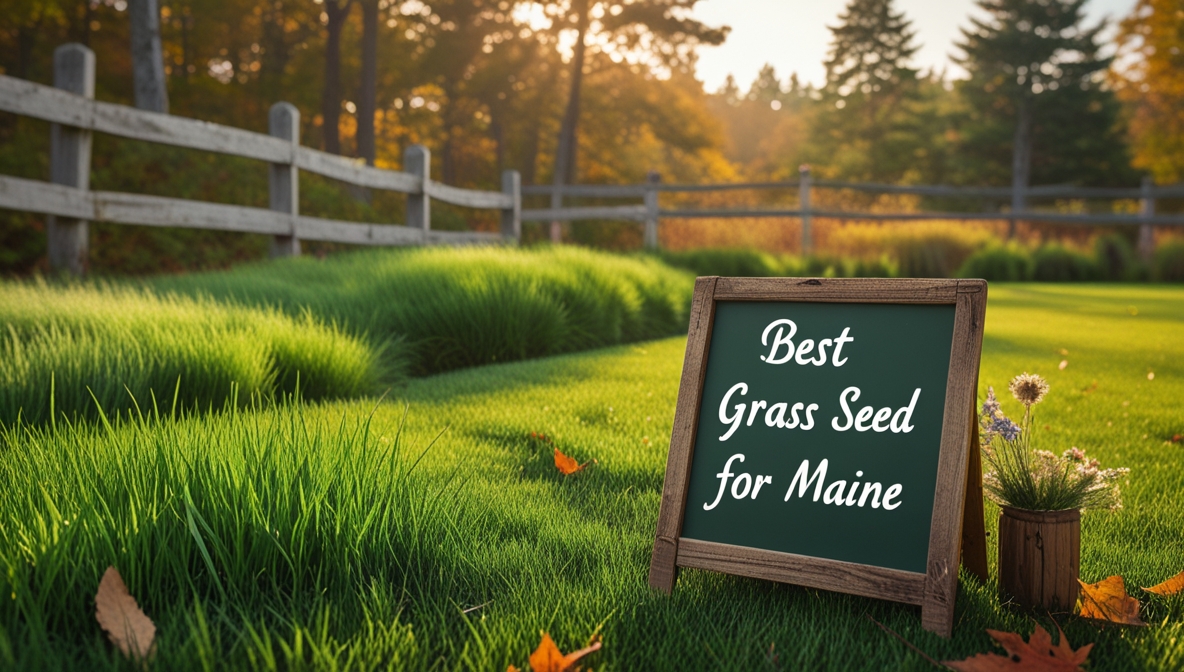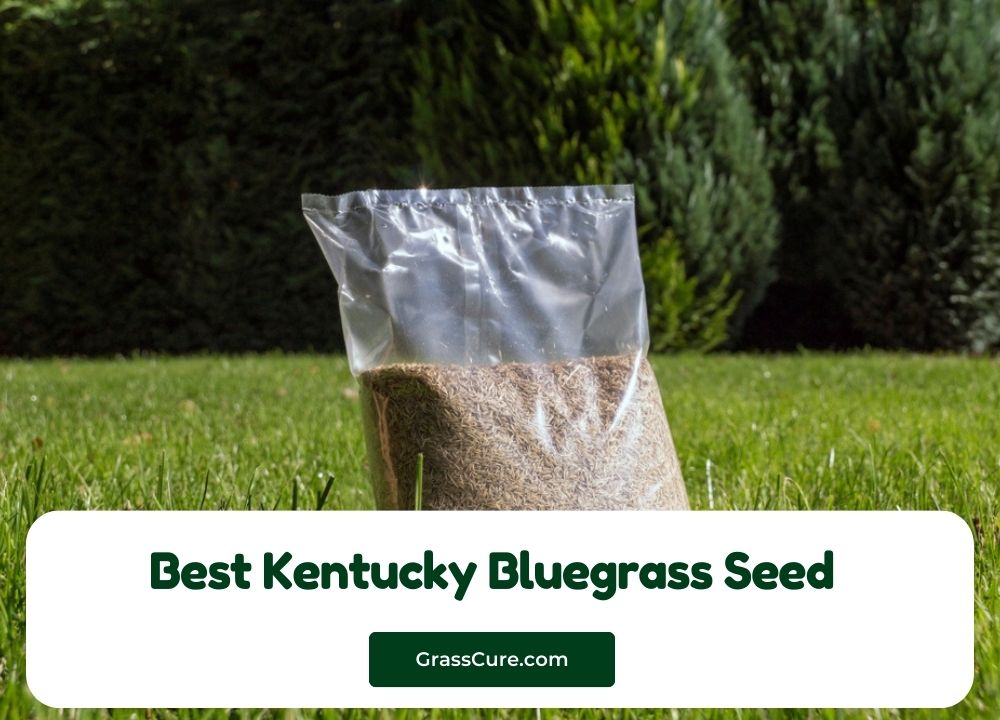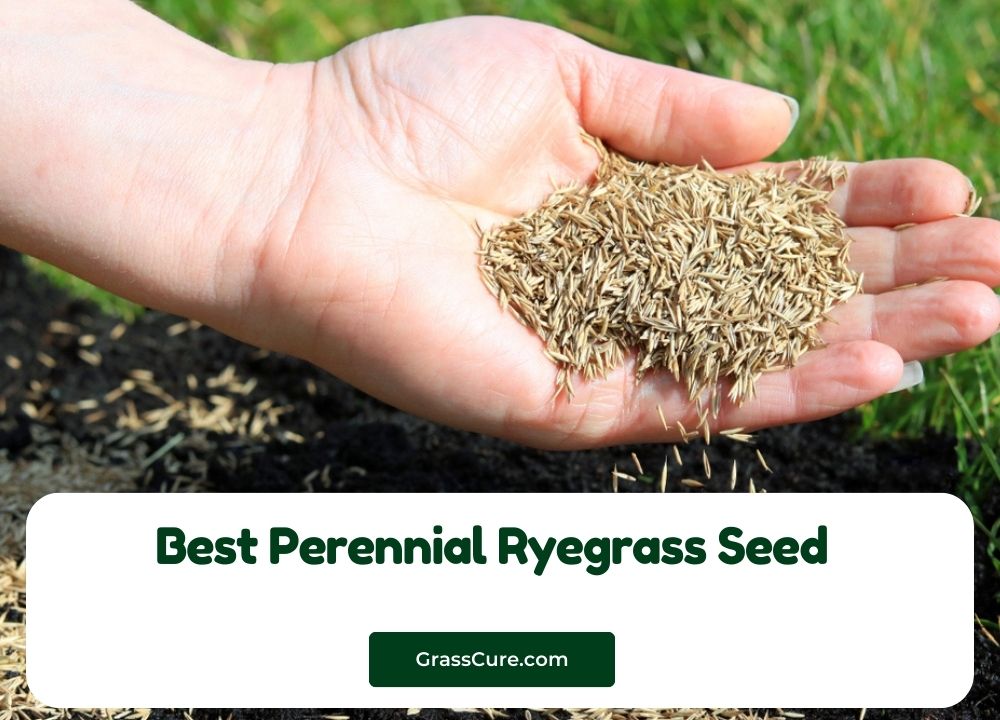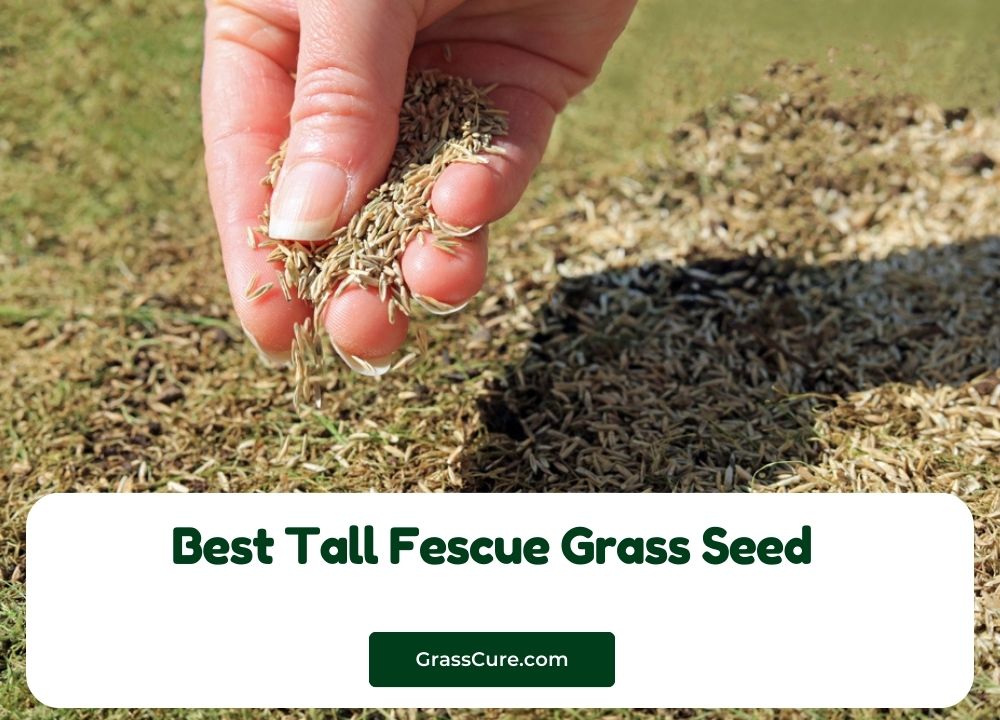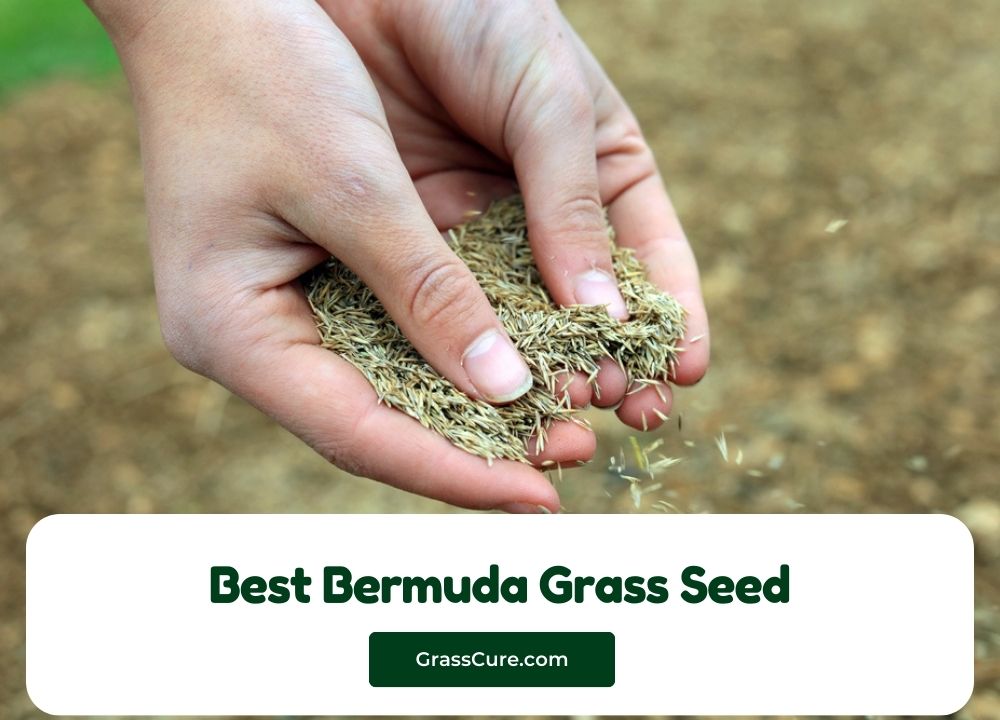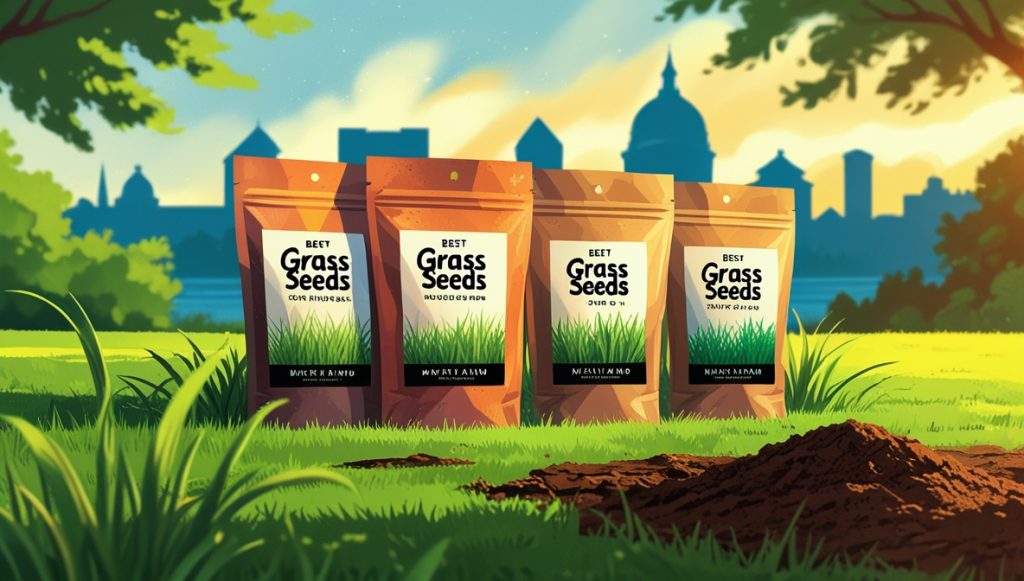Maine’s diverse landscape, from rocky coastlines to inland forests, presents unique challenges when choosing the right grass seed for a thriving lawn. This guide helps you navigate the options, ensuring a lush, healthy lawn that withstands Maine’s often unpredictable weather. We’ll cover everything from understanding Maine’s climate and soil types to selecting the best grass seed varieties and maintaining your lawn throughout the seasons.
Contents
- Choosing the Right Grass Seed for Maine
- Understanding Maine’s Climate & Soils
- Cool-Season Grasses: The Best Choices
- Popular Maine Grass Seed Varieties
- Factors Affecting Grass Seed Selection
- Balancing Shade Tolerance & Sun Exposure
- Preparing Your Soil for Optimal Growth
- Sowing & Maintaining Your New Lawn
- Dealing with Common Maine Lawn Pests
- Achieving a Lush, Healthy Maine Lawn
Choosing the Right Grass Seed for Maine
Selecting the right grass seed is crucial for a beautiful and resilient lawn in Maine. The state’s climate demands a grass that can tolerate both cold winters and humid summers. Therefore, focusing on cool-season grasses is paramount. Consider factors like sun exposure, soil type, and your personal preferences for maintenance levels when making your selection. Don’t rush the process; research and careful planning will pay off in a vibrant, healthy lawn.
Furthermore, the best choice will depend on your specific needs and priorities. Do you prioritize low maintenance, shade tolerance, or disease resistance? Understanding these factors will help you narrow down your options and choose a grass seed that perfectly suits your lifestyle and landscape. Remember, investing in high-quality seed is key to achieving long-term success.
Understanding Maine’s Climate & Soils
Maine experiences distinct seasons, with cold, snowy winters and relatively cool, humid summers. This climate significantly impacts grass growth and survival. The soil in Maine varies considerably; it can range from sandy and well-drained to clay-like and poorly drained, influencing the type of grass that will thrive. Understanding these soil characteristics is essential for selecting the appropriate grass seed and ensuring optimal growth.
Consequently, you’ll need to consider your soil’s pH level and drainage capabilities. A soil test can provide valuable information about your soil’s composition and nutrient levels, guiding your decisions on soil amendments and fertilizer choices. This knowledge allows you to create the ideal growing environment for your chosen grass seed.
Cool-Season Grasses: The Best Choices
Cool-season grasses are the ideal choice for Maine’s climate. These grasses thrive in cooler temperatures and remain green throughout much of the growing season. Popular options include fine fescues, tall fescues, and Kentucky bluegrass. Each offers unique benefits in terms of shade tolerance, drought resistance, and wear tolerance.
For instance, fine fescues are known for their excellent shade tolerance and low maintenance requirements, making them suitable for areas with limited sunlight. Tall fescues, on the other hand, are more drought-tolerant and wear-resistant, ideal for high-traffic areas. Kentucky bluegrass offers a dense, lush look but may require more maintenance.
Popular Maine Grass Seed Varieties
Several grass seed varieties are particularly well-suited for Maine lawns. These include hard fescue blends, which offer excellent cold hardiness and drought tolerance. Additionally, Kentucky bluegrass varieties bred for Maine’s climate often perform exceptionally well, providing a dense, attractive lawn. Always check the seed label for specific recommendations regarding climate and soil suitability.
Moreover, consider purchasing seed blends rather than single varieties. Blends often combine different grasses with complementary characteristics, resulting in a more resilient and aesthetically pleasing lawn. This diversification ensures that your lawn can withstand various environmental challenges.
Factors Affecting Grass Seed Selection
Beyond climate and soil type, several other factors influence your grass seed selection. Your budget plays a significant role, as some seed varieties are more expensive than others. The amount of sunlight your lawn receives will determine whether you need a shade-tolerant variety or a sun-loving one. Finally, consider your desired level of maintenance; some grasses require more frequent mowing and fertilization than others.
In short, carefully weigh these factors to determine the best fit for your needs and resources. Don’t hesitate to consult with local lawn care professionals or garden centers for personalized recommendations based on your specific circumstances. They can provide valuable insights and help you avoid costly mistakes.
Balancing Shade Tolerance & Sun Exposure
Maine lawns often experience varying degrees of sun exposure. Areas with full sun require different grass types than those with partial shade or full shade. Full-sun areas benefit from grasses like Kentucky bluegrass or tall fescue, which thrive in direct sunlight. Conversely, fine fescues are better suited for shady areas.
Therefore, a thoughtful assessment of your yard’s sun exposure is crucial. Consider dividing your lawn into different zones based on sunlight levels and selecting appropriate grass seed for each area. This approach ensures that each section of your lawn receives the most suitable grass variety for optimal growth.
Preparing Your Soil for Optimal Growth
Before sowing grass seed, proper soil preparation is vital for success. This involves testing your soil’s pH and nutrient levels. Amend the soil as needed to achieve a balanced pH and add organic matter like compost to improve drainage and fertility. This creates a healthy foundation for strong root development.
Subsequently, removing weeds, rocks, and debris from the area is crucial. Leveling the ground ensures even seed distribution and prevents uneven growth. A well-prepared seedbed promotes consistent germination and establishment of your new lawn, leading to a healthier and more attractive final product.
Sowing & Maintaining Your New Lawn
Once the soil is prepared, sow the grass seed according to the package instructions. Maintain consistent moisture levels during germination and early growth. Avoid overwatering, as this can lead to fungal diseases. Regular mowing, fertilization, and weed control are essential for maintaining a healthy lawn throughout the growing season.
Furthermore, regular mowing at the correct height will promote dense growth and prevent weed encroachment. Choose a sharp mower blade to avoid damaging the grass leaves. Proper fertilization provides the necessary nutrients for healthy growth, and prompt weed control prevents competition for resources.
Dealing with Common Maine Lawn Pests
Maine lawns are susceptible to various pests and diseases. Common issues include grubs, chinch bugs, and fungal diseases like dollar spot. Regular inspection of your lawn allows for early detection and timely intervention. Using appropriate pest control methods will minimize damage and maintain the health of your lawn.
For example, applying preventative treatments for grubs in the fall can significantly reduce damage the following spring. Similarly, proper watering and fertilization practices can help prevent fungal diseases. Consulting with a lawn care professional can provide tailored solutions for your specific pest and disease problems.
Achieving a Lush, Healthy Maine Lawn
With careful planning and consistent effort, achieving a lush, healthy Maine lawn is entirely achievable. By selecting the right grass seed, preparing the soil properly, and maintaining your lawn diligently, you can create a beautiful outdoor space you’ll enjoy for years to come. Remember that patience and persistence are key to long-term success.
Ultimately, the key is to understand your lawn’s unique needs and adapt your approach accordingly. Regular monitoring, proactive pest control, and consistent maintenance will result in a vibrant, healthy lawn that stands as a testament to your dedication. Enjoy the fruits of your labor!
Choosing the right grass seed is a crucial first step in establishing a thriving lawn in Maine. By following these guidelines and adapting them to your specific circumstances, you can cultivate a lush, healthy lawn that enhances the beauty of your property and provides a welcoming outdoor space for years to come. Remember that consistent maintenance is key to achieving and maintaining a beautiful Maine lawn.
